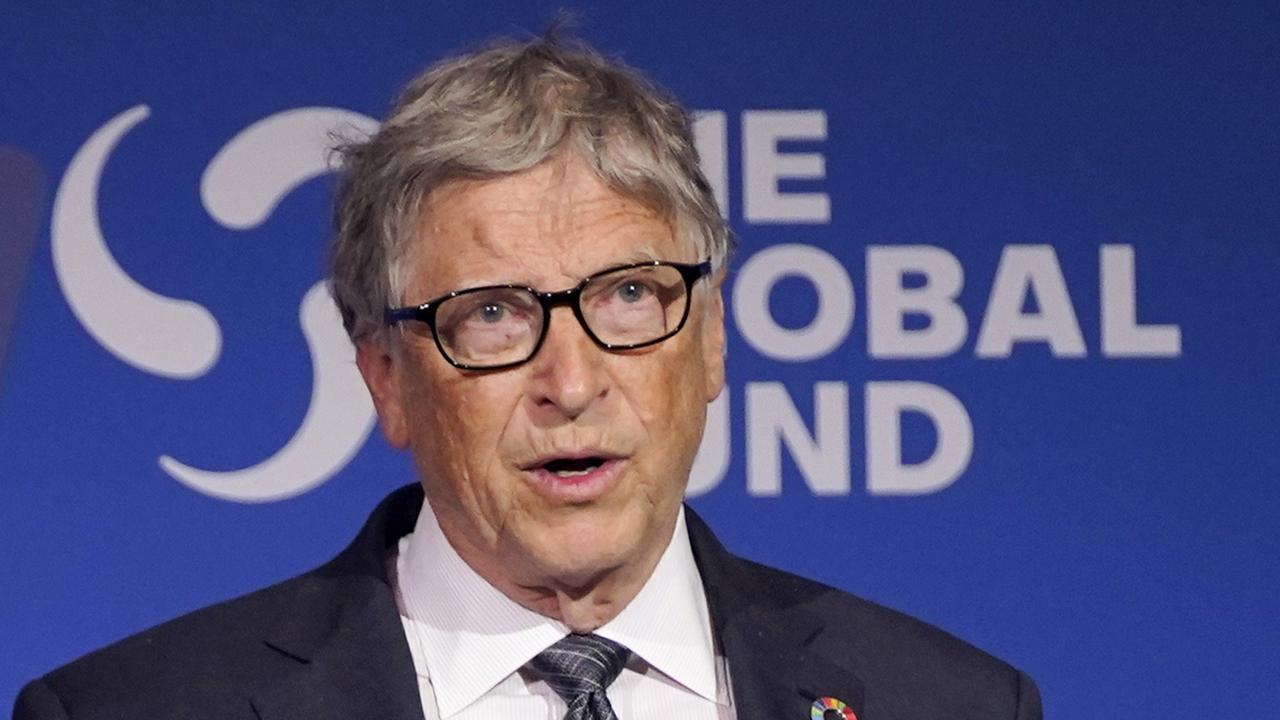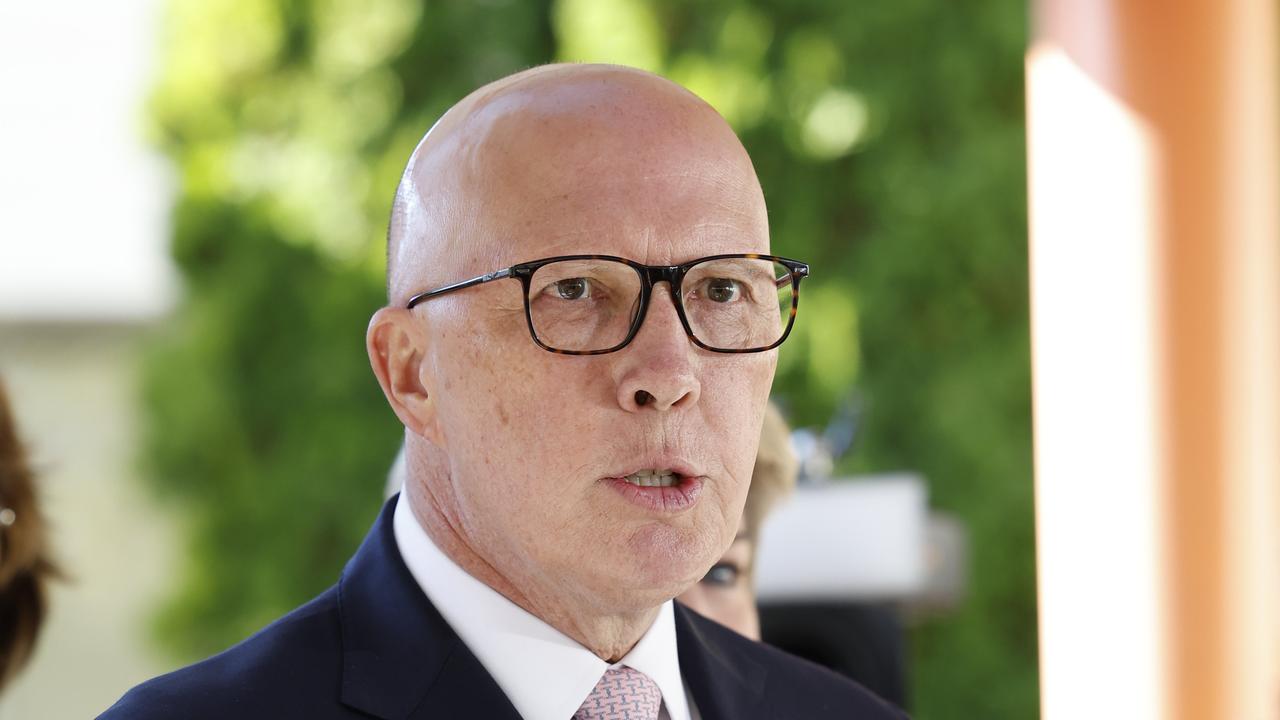South Korea’s president resists arrest as he faces imprisonment and possibly even death penalty
South Korean President Yoon Suk Yeol has refused to be arrested as political turmoil engulfs the nation.
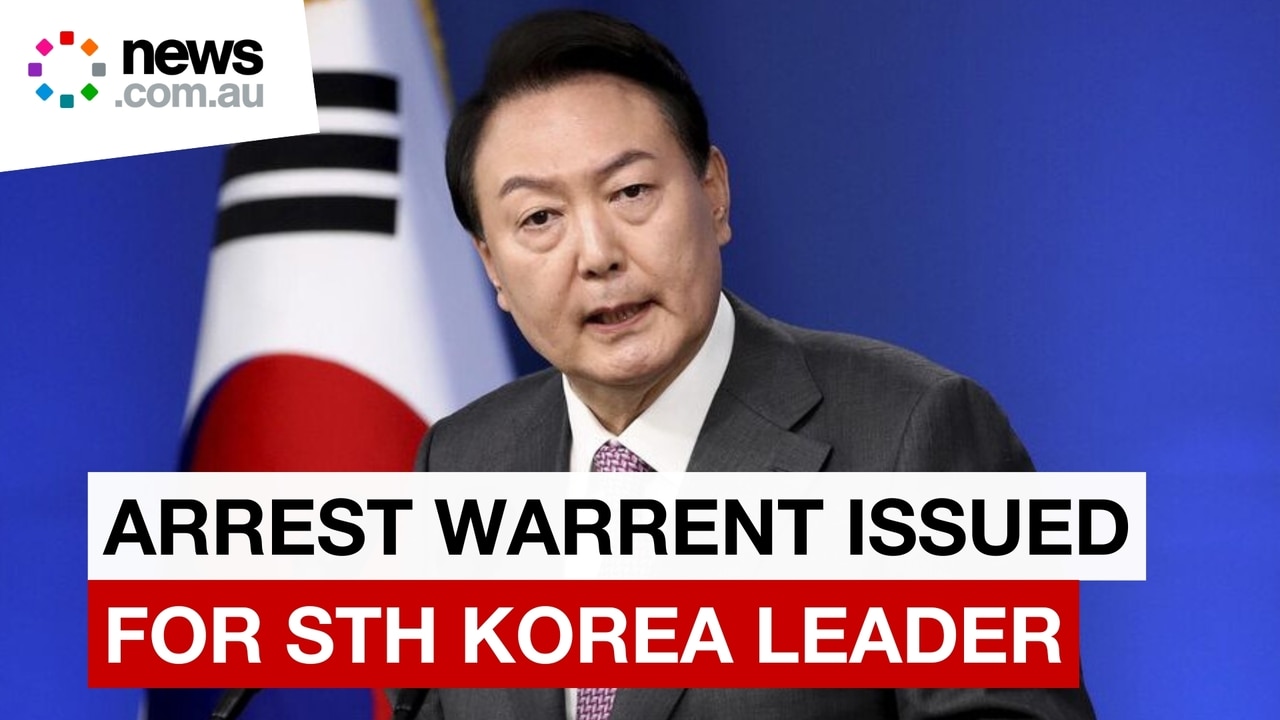
Leaders
Don't miss out on the headlines from Leaders. Followed categories will be added to My News.
Police have retreated in their attempt to arrest South Korea’s impeached President Yoon Suk Yeol following a six-hour standoff.
On Friday, police arrived at the presidential residence to arrest Mr Yoon.
The Corruption Investigation Office (CIO) said in a statement: “The execution of the arrest warrant for President Yoon Suk Yeol has begun”.
The independent agency is probing Yoon’s short-lived declaration of martial law.
The South Korean president was suspended and impeached last month after declaring martial law — a political move swiftly overturned by parliament but resulting in a warrant for his arrest being issued.
He has been holed up in the presidential residence since, surrounded loyal security officers and scores of fanatical supporters.
Police officers in their thousands, hordes of journalists, and the impeached president’s fanatical supporters waving national flags and placards, swarmed around the compound Friday as investigators arrived in a five-car convoy to carry out the warrant.
But a bus blocked the entrance to a road to the compound where Yoon’s residence sits on a hill, forcing them to go the rest of the way by foot.
Once inside the compound’s walls, investigators came face-to-face with security personnel loyal to Yoon, protecting the residence with multiple layers, according to one investigator’s account.
It’s reported that officials faced a human wall of 200 presidential personnel, who blocked them from arresting Yoon.
A tense hours-long standoff followed until early Friday afternoon, with scuffles reportedly breaking out between the rival sides.
Three prosecutors reportedly breached the final layer of Yoon’s security, but were met by his legal team who refused to accept any warrant.
Outnumbered, the arrest team made a U-turn and left.
“At that point, moving forward directly was impossible, so we detoured via a side mountain path,” an official from the investigation team said.
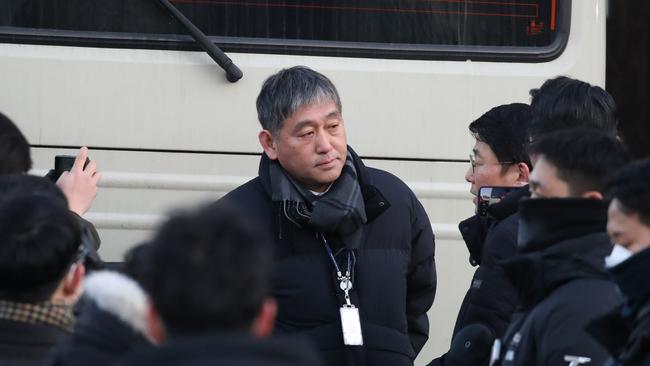
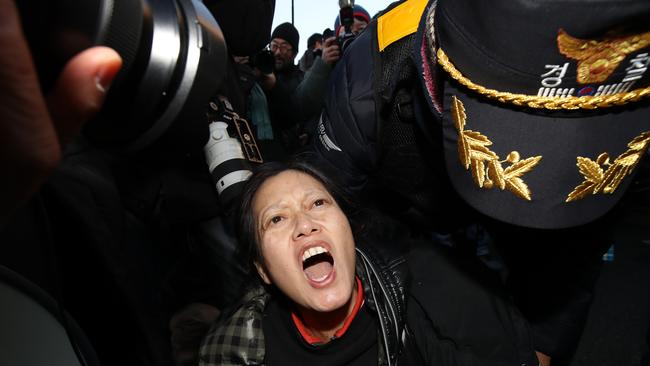
The Centre for Military Human Rights Korea issued a statement on Friday afternoon AEDT accusing the military forces of blocking former President Yoon’s arrest and essentially creating a “second insurrection”.
The organisation is calling for an immediate withdrawal of military and security forces defending the disgraced president.
The embattled leader issued a bungled martial law declaration on December 3 that led to his impeachment and has left him facing arrest, imprisonment or, at worst, the death penalty.
Members of his security team have blocked attempted police raids of his presidential residence in a dramatic stand-off, and tensions rose outside the compound on Thursday as rival protest camps clashed.
Some of Yoon’s right-wing supporters earlier shouted “protect the president!” and laid on the ground to block police dispersing them for fear they will move on Yoon before an arrest warrant’s January 6 deadline.
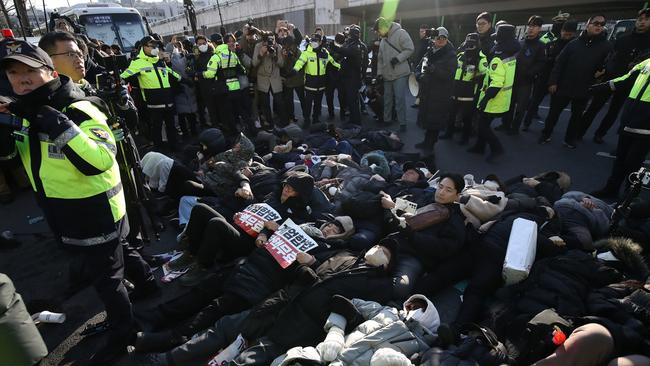
Mr Yoon has remained unrepentant as the crisis has rolled on, issuing a defiant message to his base as the warrant’s deadline neared.
“The Republic of Korea is currently in danger due to internal and external forces threatening its sovereignty,” he said in a statement to protesters confirmed by his lawyer.
“I vow to fight alongside you to the very end to protect this nation,” he added, saying he was watching their protest on a YouTube live stream.
Yoon’s lawyer confirmed to AFP that the impeached leader remained inside the presidential compound.
Blocked raids
Opposition politicians were quick to condemn Mr Yoon’s message as inflammatory, with Democratic Party spokesman Jo Seoung-Lae calling him “delusional” and accusing him of trying to incite clashes.
Mr Yoon’s legal team has filed for an injunction to a constitutional court to block the warrant, calling the arrest order “an unlawful and invalid act”, and on Thursday submitted an objection to the Seoul court that ordered it.
CIO chief Oh Dong-woon warned that anyone trying to block authorities from arresting Mr Yoon could themselves face prosecution.
Along with the summons, a Seoul court issued a search warrant for his official residence and other locations, a CIO official told AFP.
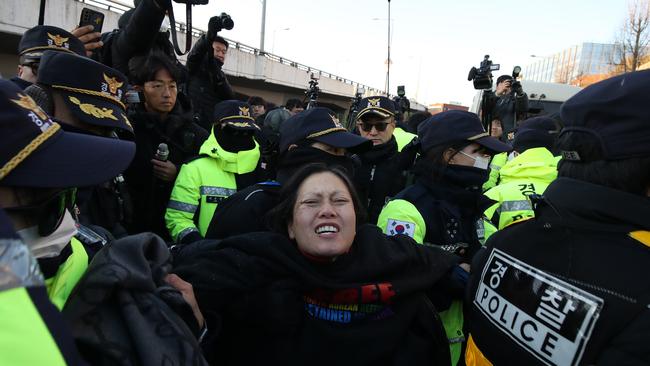
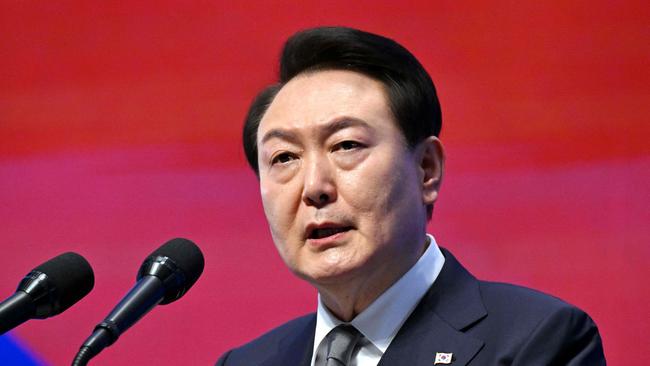
The presidential security service’s official stance in response to the warrants has been to follow procedure.
They have cited two articles in South Korea’s Criminal Procedure Act that prohibit seizure from locations where official secrets are stored, without consent of the person in charge.
It remains unclear how many guards are stationed with him but they have blocked searches of his office and residence.
The Seoul court has issued a warrant permitting investigators to search the presidential residence, creating an exception to those laws.
South Korean officials have previously failed to execute similar arrest warrants for politicians — in 2000 and 2004 — due to party members and supporters blocking police for the seven-day period the warrants were valid.
Refused questioning
Mr Yoon’s martial law order, which he said was aimed at eliminating “anti-state elements”, only lasted a few hours.
Armed troops stormed the national assembly building, scaling fences, smashing windows and landing by helicopter, but Yoon was quickly forced to make a U-turn after politicians rushed to parliament to vote it down.
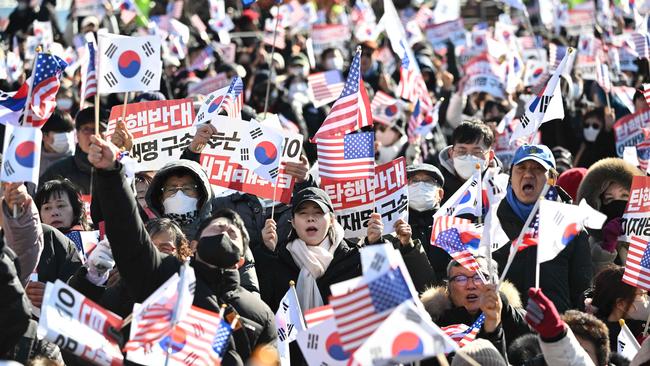
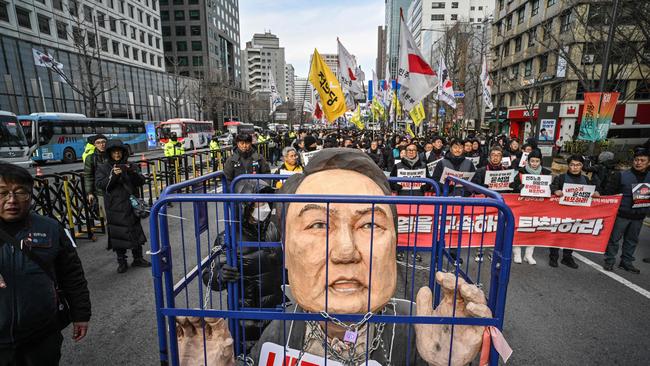
He has since refused summons for questioning three times and doubled down on claims the opposition was in league with South Korea’s communist enemies.
Supporters have raced to Seoul to support him in the wake of his refusal, spewing vitriol at police and waving anti-impeachment placards.
A constitutional court will rule whether to uphold his impeachment.
The turmoil deepened late last week when his replacement, Han Duck-soo, was also impeached by parliament for failing to sign bills for investigations into his predecessor.
Finance minister Choi Sang-mok has been installed as acting president and pledged to do all he can to end the political upheaval.
Originally published as South Korea’s president resists arrest as he faces imprisonment and possibly even death penalty



